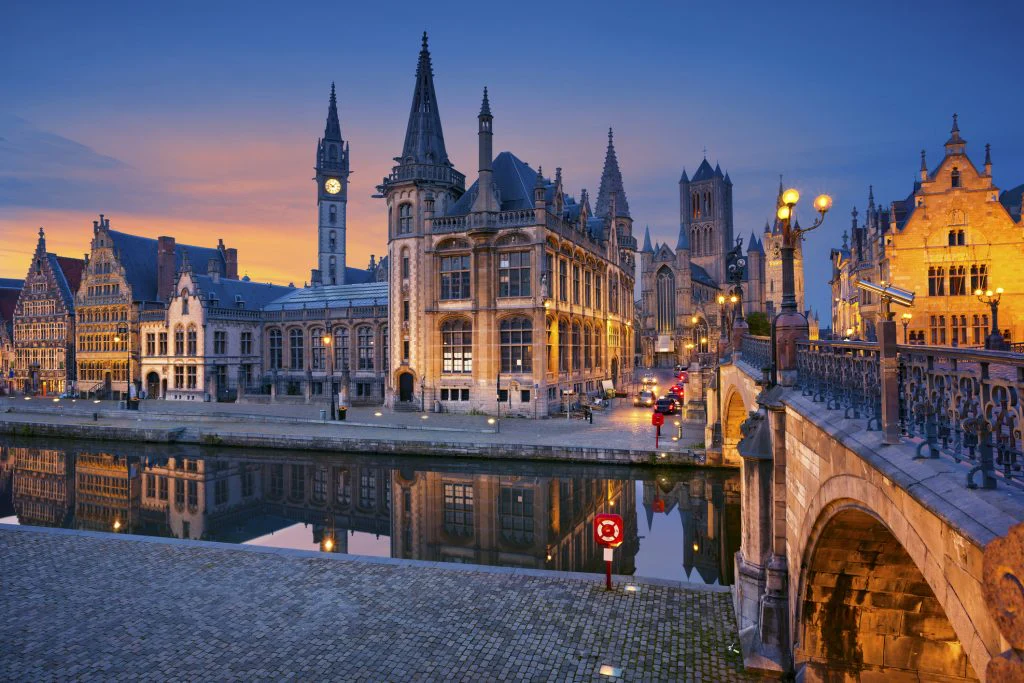
Belgium
Belgium is a country in Western Europe bordered by the Netherlands to the north, Germany to the east, Luxembourg to the southeast, France to the southwest, and the North Sea to the northwest. It covers an area of approximately 30,528 square kilometers and has a population of about 11.5 million people. The country is a constitutional monarchy with a parliamentary system, and the current monarch is King Philippe. Belgium’s capital is Brussels, which also serves as the de facto capital of the European Union, hosting major EU institutions as well as NATO headquarters.
Belgium is a federal state composed of three regions: Flanders in the north, where Dutch (Flemish) is the official language; Wallonia in the south, where French is predominant; and the Brussels-Capital Region, which is officially bilingual (French and Dutch). Additionally, there is a small German-speaking community in the eastern part of the country. This linguistic diversity plays a significant role in Belgium's political and cultural landscape.
Belgium has a highly developed economy, with key sectors including chemicals, pharmaceuticals, machinery, and food production. The Port of Antwerp is one of the largest in Europe and serves as a major hub for international trade. Belgium is also known for its contributions to culture, particularly in the fields of art, architecture, and cuisine. The country is famous for its chocolates, waffles, and beer, with Belgian beer culture being recognized by UNESCO as Intangible Cultural Heritage.
Belgium has a rich history, playing a central role in European affairs throughout the centuries. The country gained independence from the Netherlands in 1830. During both World Wars, Belgium was invaded by Germany, and many significant battles, such as the Battle of the Bulge, took place on Belgian soil. Belgium is a founding member of the European Union, the Eurozone, NATO, and the World Trade Organization, reflecting its strong integration into international organizations and diplomatic efforts.
Stichworte







